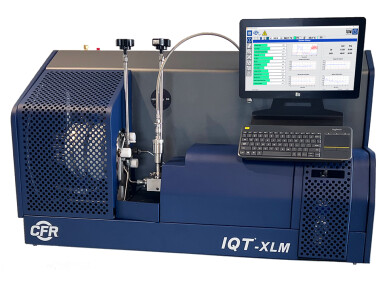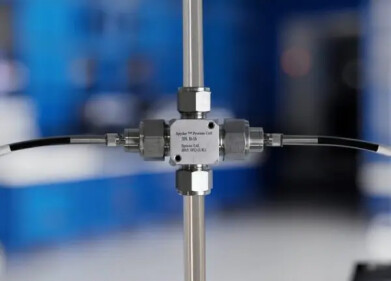Analytical Instrumentation
Why Might Diesel Cars Cost More than Hybrids?
Nov 28 2016
Traditionally hybrid cars and alternatively fuelled vehicles are the most expensive out there. Their new engine technology costs a lot to develop compared to conventional combustion engines and so they cost more than cars powered by diesel and petrol. But that could be about to change. Keep reading to see why the future could be expensive for diesel vehicles.
Regulating emissions
Toyota’s experts have predicted the change as regulations continue to become stricter on high emission fuels. The changes, which aim to reduce the impact cars are having on the environment, are making it necessary for cars to be fitted with extra parts if they want to continue burning diesel.
These parts, such as emission traps and after-treatment devices, are increasing the cost of production, and will only continue to do so as regulations become more stringent. Car manufacturers aren’t going to make a loss. The price increase will be passed onto the customer with a price increase on the finished product.
Doubling up
It’s thought the more regulations clamp down, the higher the cost of diesel cars will rise and could even be double the price of hybrids. “I think the diesel has got a very big challenge, maybe also some petrol engines. For diesel, the emission treatment is very difficult. You need a lot of technology for that and the regulations are getting harder and harder. And I think in the future diesels could cost double what we pay for a hybrid, so the costs will go up,” explains Koei Saga from Toyota.
Diesel will be able to survive this increase, according to Saga, because of the demand in emerging markets. Because their regulations are less strict, these countries can get the fuel for cheaper. However, using cheaper, dirty fuels could result in significant costs in the long term.
Cleaning the fuels
With some very specific regulations coming into force, there is a need for more precise measurements of diesel. Different diesel grades and biodiesel blends need to match a growing number of requirements. And rapidly advancing technology is making this possible. The new CID 510 instrument combines an electronically controlled high pressure injection system with fully automated measuring and calibration procedures. A new level of precision is possible, as discussed in ‘Precision + lower operation cost + minimum initial investment = CID 510’ along with the other benefits of this equipment.
Digital Edition
PIN 25.5 Oct/Nov 2024
November 2024
Analytical Instrumentation - Picturing Viscosity – How Can a Viscometer or a Rheometer Benefit You? - Sustainable Grease Formulations: Evaluating Key Performance Parameters and Testing Method...
View all digital editions
Events
Dec 03 2024 Dusseldorf, Germany
Dec 08 2024 Anaheim, CA, USA
Turkey & Black Sea Oil and Gas
Dec 11 2024 Istanbul, Turkey
Dec 19 2024 Aurangabad, India
Jan 20 2025 San Diego, CA, USA



















